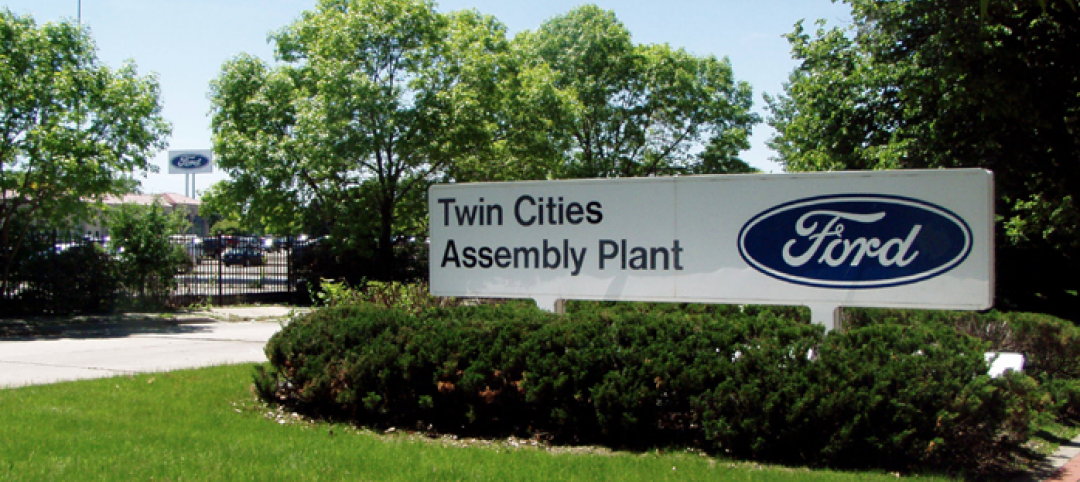Two years ago, a plan to create a smart city project along Toronto’s waterfront was unveiled with great fanfare.
Since then, the proposal, spearheaded by Sidewalk Labs, a subsidiary of Alphabet (Google’s parent company) has prompted extensive public criticism and a lawsuit by the Canadian Civil Liberties Association over data privacy and misuse concerns. The ambitious project was conceived as a showcase for the latest smart city technologies.
The project is to be centered on sustainable and safe transportation systems, and efficient and affordable housing. Technology such as “adaptive traffic lights” would prioritize cyclists and pedestrians and study the possibility of autonomous transit options. Innovative building materials and new occupancy models, like “co-housing”, would offer green, reasonably-priced housing.
With sensors tracking people and vehicles sprinkled throughout the development, privacy rights advocates are concerned that the data could be used for surveillance and discourage people to exercise free speech rights. It didn’t help that at public hearings Sidewalk Labs seemed unable to spell out where this data would be stored and how it would be used.
The company also presented a greatly expanded scope of the proposal from the original 12 acres to a 190-acre area at a public meeting, perhaps misreading the intent of the agreement with the city. These issues have caused delays to the project, but Waterfront Toronto, the city group overseeing it, recently voted to go forward with the 12-acre development.
Other smart city projects around the globe, including in South Korea and India, have been also been plagued by delays and controversies. These challenges indicate that making cities smarter will not be easy.
Related Stories
Codes and Standards | Aug 16, 2018
Nearly a quarter of opioid overdose deaths attributable to construction workers
Massachusetts public health study finds pressure to work in pain contributes to problem.
Codes and Standards | Aug 15, 2018
ICC creates new committee on building safety and security
Will include experts from many different disciplines.
Codes and Standards | Aug 14, 2018
Philadelphia adopts 2018 IECC energy code, while state opts for 2015 code
City is one of the first jurisdictions to adopt newest code.
Codes and Standards | Aug 9, 2018
Denver’s goal of 100% renewable energy by 2030 includes net zero energy buildings
Community solar programs for low income residents part of plan.
Codes and Standards | Aug 8, 2018
Too much parking in U.S. cities proving costly
As car ownership rates drop, excess parking seems more wasteful.
Codes and Standards | Aug 7, 2018
International Fire Safety Standards (IFSS) Coalition created
Professional associations and building standards organizations join forces.
Codes and Standards | Jul 31, 2018
Workers allegedly held in captivity by construction subcontractor in San Jose pay theft case
Contractor pays $250,000 in back wages in Dept. of Labor enforcement action.
Codes and Standards | Jul 17, 2018
Heat island effect can turn deadly in extreme conditions
Of all the impacts of global climate change, it’s extreme heat that kills more Americans each year than any other weather-related event.
Codes and Standards | Jul 17, 2018
NIMBYism, generational divide threaten plan for net-zero village in St. Paul, Minn.
The ambitious redevelopment proposal for a former Ford automotive plant creates tension.
Codes and Standards | Jul 17, 2018
In many markets, green features are more of a requirement for apartment renters
Renters in many U.S. cities have come to expect green features in apartments that they rent, with an eye toward energy efficiency and healthy indoor air.

















